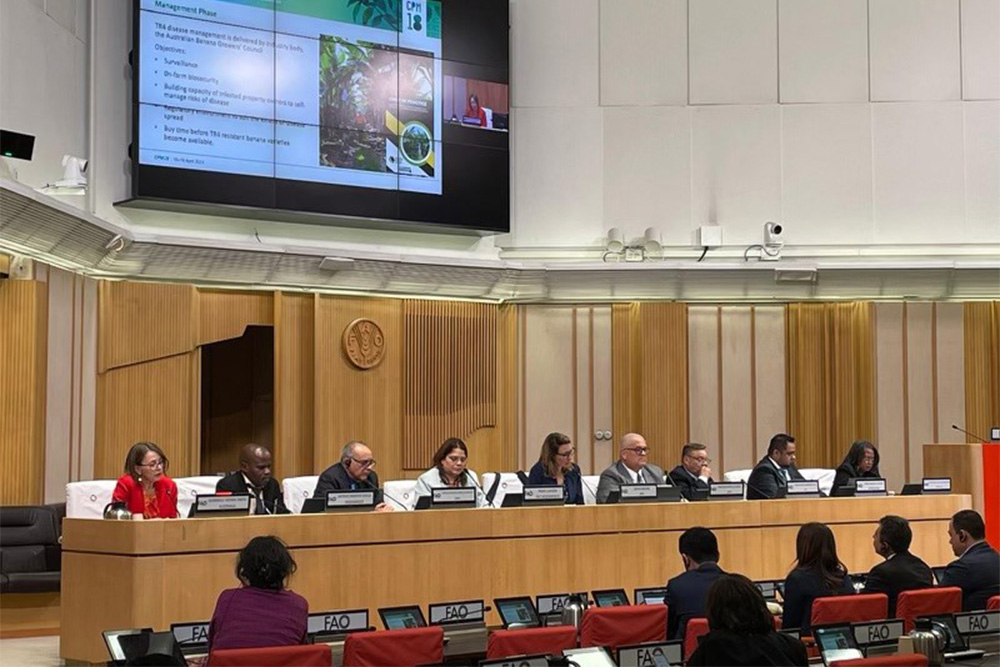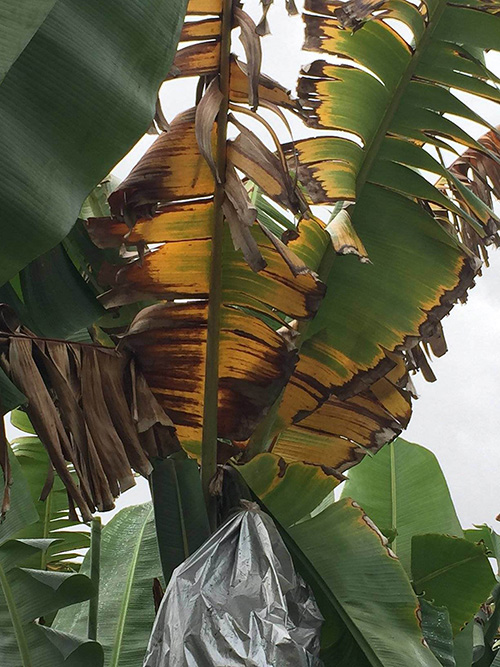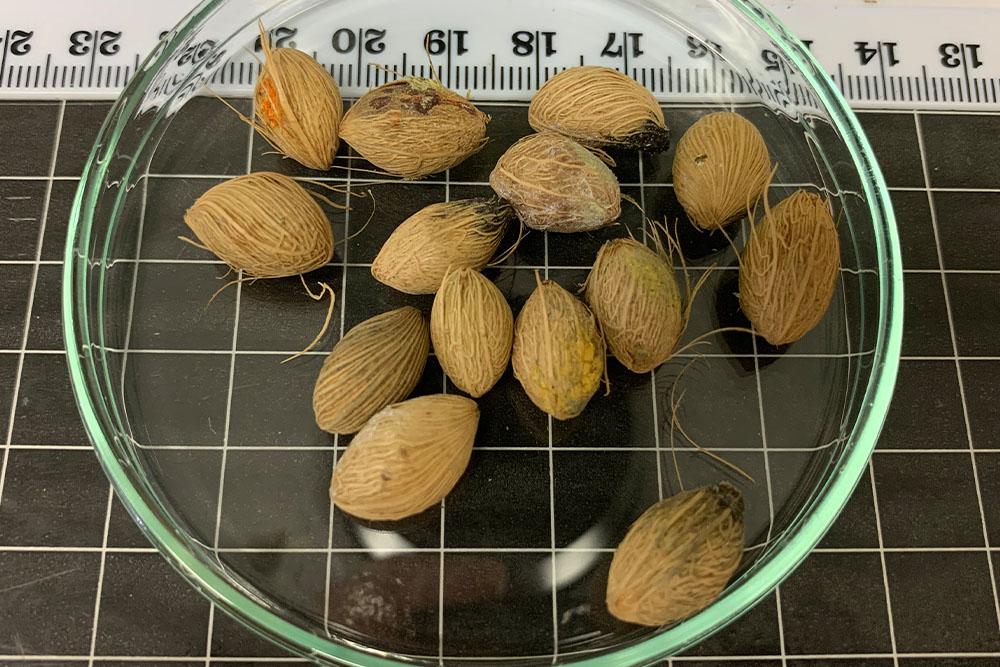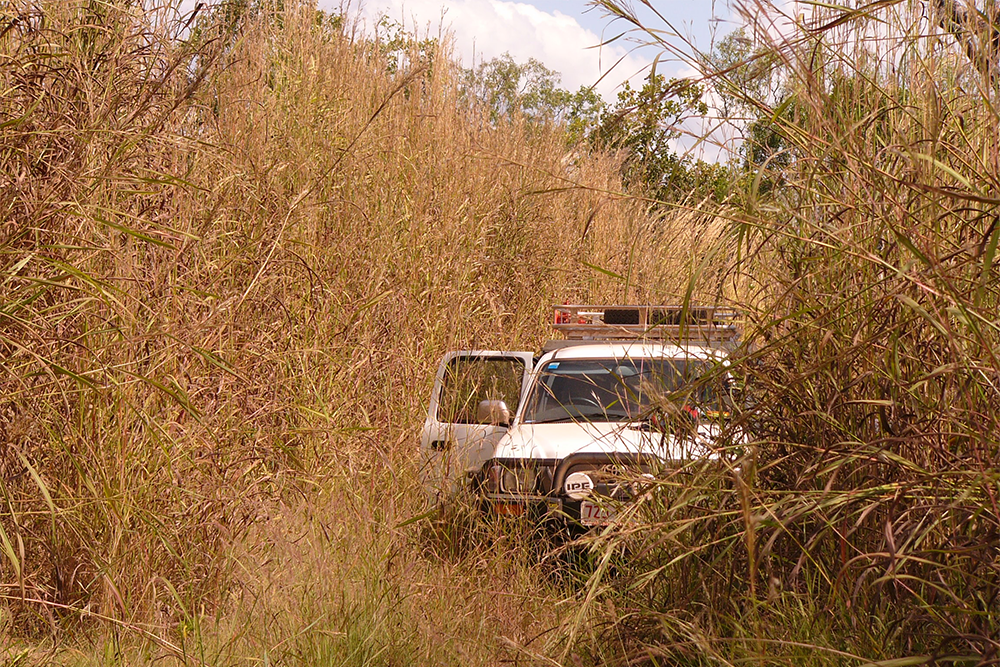In April, the Chief Plant Protection Officer Dr Gabrielle Vivian-Smith attended the 18th Commission on Phytosanitary Measures (CPM-18) in Rome, leading the Australian delegation including Dr Sophie Peterson and Rama Karri from the department, Dr Rosa Crnov, Victoria’s Chief Plant Health Manager and Dr Rieks Van Klinken from CSIRO. They travelled alongside South-West Pacific colleagues from the Cook Islands, Tuvalu, Samoa, Tonga and New Zealand advocating for our region's interests in ensuring a thriving plant trade while protecting plant health through biosecurity.

The CPM is a key annual forum for protecting global plant health, and this year they discussed topics including sea container biosecurity, the importance of providing safe aid, longer-term funding for ePhyto (electronic phytosanitary certification) and the assessment and management of climate change impacts on plant health. With around 400 delegates from parties of the International Plant Protection Convention, the CPM is an important avenue for collaboration to promote global plant health and advancing compliance with phytosanitary standards.
Agreement on International Standards for Phytosanitary Measures (ISPMs) is key to ensuring that all countries follow the same benchmarks and use common information to safely trade plant products and protect the environment. These standards facilitate economic and trade development and aim to protect sustainable agriculture and enhance global food security while also protecting the environment, forests and biodiversity.
A number of ISPMs were adopted by CPM-18 that covered topics including:
- new definitions of surveillance: general and specific surveillance
- criteria for evaluation of available information for determining host status of fruit to fruit flies
- cold treatment for False codling moth Thaumatotibia leucotreta on the sweet orange Citrus sinensis to kill eggs and larvae
- more consistent guidance to National Plant Protection Organisation (NPPOs) on the establishment of pest free areas
Once translated, these adopted ISPMs will be available from Adopted Standards (ISPMs) - International Plant Protection Convention (ippc.int)
For more information go to CPM-18 update: Revisions to phytosanitary standards and recommendation adopted - International Plant Protection Convention (ippc.int)
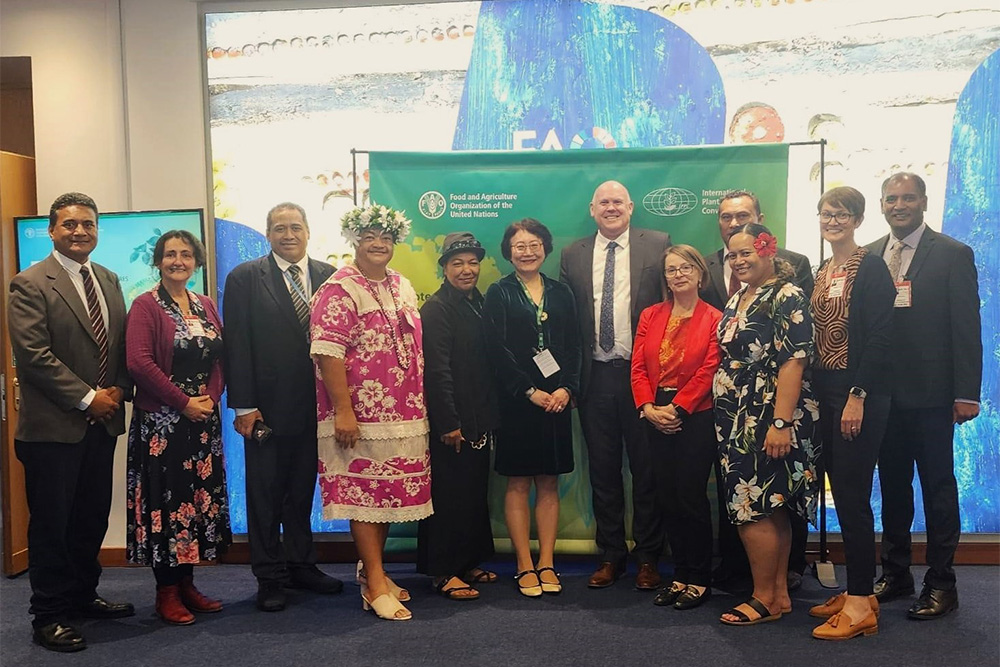
Dr Gabrielle Vivian-Smith also presented at a side session on Fusarium oxysporum f.sp. cubense tropical race 4 (commonly known as Panama disease), sharing Australia’s emergency response and management experience of the soil-borne fungal pest. Panama disease devastates banana plants and poses a significant threat to our agricultural landscape. It affects popular banana varieties including Cavendish, the main commercial banana variety grown in Australia. The pest infects through plant roots, obstructs the vascular tissue leading to wilting and ultimately plant death.
Panama disease was first detected in Australia in 1997, and it was isolated to a small area within the Northern Territory. In 2015 Panama disease was detected in the Tully Valley of Queensland. Swift action from both government and industry helped to suppress fungal spore levels in the soil and prevented further spread.
Researchers at Queensland University of Technology are at the forefront in developing groundbreaking solutions to this pest. They have engineered genetically modified Cavendish bananas which are resistant to Fusarium TR4, a development that has been approved by Food Standards Australia New Zealand (FSANZ).
